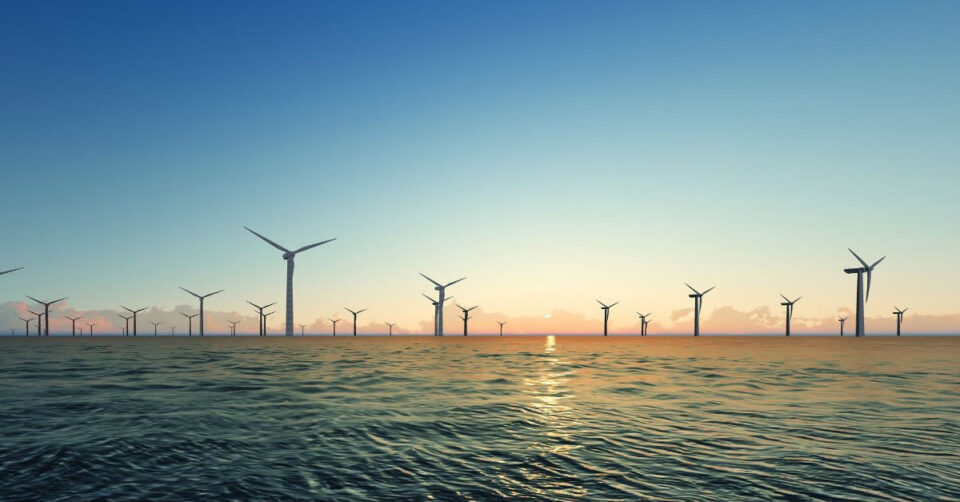Nations are facing water shortages because the electricity used in desalinating ocean water is expensive and toxic to the environment. Researchers have come up with a wave-powered device at a low cost.
A Norwegian company in the Canary Islands, Ocean Oasis, has launched a floating desalination prototype named Gaia.
This device will trap the energy of the waves via the relative movement of two bodies to carry out desalination by reverse osmosis without electrical power. This technology makes Gaia very efficient.
Sabastian Feimblatt, the company’s COO, said the Canary Islands had provided them with the ideal environment to test their technology and the possibility of developing its solution in the Norway market.
This technology has attracted support and funds from organizations such as the European Innovation Council Accelerator, the Norwegian Research Council, FEDER funds, the Gran Canaria Economic Promotion Society, and ICEX.

Grieg Maritime Group, Bergen, Norway, is the leading investor in Ocean Oasis.
Kjerstin Hernes said she couldn’t wait to taste the first drops of freshwater conjured by waves end ingenuity.
The island also welcomes big companies interested in using their technology to reduce conventional energy in the production and supply of water.
Traditional desalination requires tremendous energy, leading to high gas emissions, global warming, and high production costs.
Meanwhile, desalination that uses wave energy is not expensive, does not cause environmental pollution, and is without using valuable land.
After completing the testing stage, a second installation will be built and measured with the capacity to produce water for consumption.
The plant will connect to a water supply system which will help to reduce water shortages sustainably. The European Innovation Council Accelerator supports this phase.
The company hopes to build its first commercial installation in the Canary Islands.
Millions of people depend on desalination for their water supply. If more firms accept the wave-powered desalination technology, there will be enough drinking water to sustain the world.